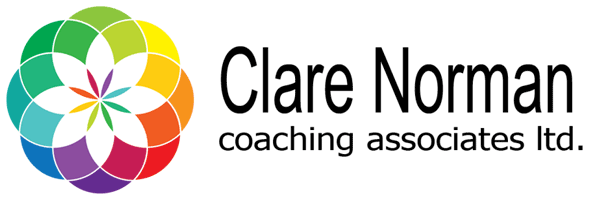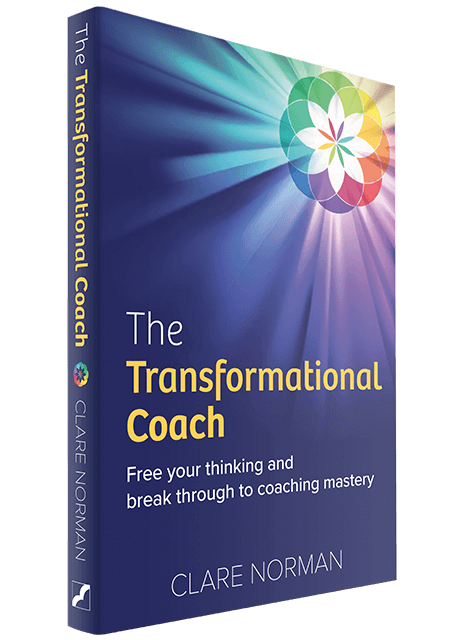We have a guest post today from Berit Ohn, Master Certified Coach. You asked for information about coaching a team, so here’s an article she wrote about that very subject:
What makes a group of people feel connected, feel like they belong to something bigger than themselves? Well certainly it’s not as simple as just signing your name up to a group – that’s not enough. You need to create the ‘glue’; a force that binds people together yet does not create rigidity or suppress diversity.
Physical proximity helps – but as we’ve experienced in practice, it’s not sufficient! And it’s not even necessary for the daily functioning of the group. We believe that you can have high performing virtual teams who don’t or only occasionally physically connect.
But with virtual teams, the danger of drop out and poor or unequal engagement of it’s members is very high. So you must have a clear and effective way of getting each member of the team to feel part of it’s community. And nowhere do we see team cohesion and optimal productivity better than in the traditional TRIBAL communities, particularly in those tribes who acknowledge and peacefully cooperate with other tribes :
T-R-I-B-A-L-S
| Trust is an act of will, a decision, a value, a goal and a virtue. Trust is a gift that identifies the givers choice and ability. When trust is received it is a foundation to build a relationship from. Trust comes from within and is given by those who already have trust in themselves. Trust equation = C + R + I / S, Credibility = Words = Credentials plus honesty, Reliability = Actions = Promises kept
Intimacy = Emotions = Feel comfortable talking about the sensitive, personal issues, Self-orientation = Motives = Know that you care about serving your clients interests Rapport is one of the most important features or characteristics of unconscious human interaction. It is commonality of perspective: being “in sync” with, or being “on the same wave-length” as the person with whom you are talking. Using the Cultural Orientations Framework or other simpler assessment is helpful in developing rapport and team spirit. There are also other techniques that might be beneficial in building rapport such as: assisting others to feel a sense of relaxation and ease by matching body language, wording, maintaining eye contact; and matching energy level. Invitation to work together consists of ways teams are being invited to initiate tasks, share purpose and common goals in a structured way. It might also be seen as their mandate, their assignment which they are getting or creating. Being in dialogue assists the development of a unique relationship among team members. They develop a deep trust that carries over to discussions. They develop a richer understanding of the uniqueness of each person’s point of view. They experience how larger understandings emerge by holding one’s own point of view “gently” (Senge, p. 248)
Being and doing needs to be balanced properly. We are focused on high performance delivered. At the same time we also want people’s self confidence and self-worth to grow in order for all to have a healthy balance in work and life, that is why we recommend; “BE – before you DO”, i.e. become one cohesive team , before you dive into doing. Accomplishments and results are measured and commonly celebrated; the members are generously giving and receiving appropriate feedback. Most people have ambitions. These ambitions might be far away from their accomplishments at the moment, and that is ok. But to help each other grow, we also need to assist each other in gaining a more accurate self appraisal and self insight, so we are able to take responsibility for and create our own learning strategy and success development plan. Love and respect is another fundamental quality and virtue of a well working team. Love might be expressed towards the task, the vision and the participants as a deep appreciation and acknowledgement of the difference in capability and personality they contribute with. Responsible self-regard can be seen as a way to love and stand up for oneself. This is needed in order for us to both influence and actively take part in using our strengths to the fullest, and also proactively share with the team ones preferences in relation to work, tasks, area and level of responsibility. An act of love and respect is to leverage each other’s differences to benefit each other and the whole. Structure of the group’s work will be considered, defined, measured, and constantly adjusted to the groups need. And/Or System perspective is important to draw upon when assisting the group in their endeavor. Despite their “official” task, learning might come in as a sole or parallel goal in which system perspective might contribute. The ability to capture the learning, share and leverage it will add another level of value, not only to the team in question but the whole organization. |




1 thought on “Coaching a Team”
Comments are closed.